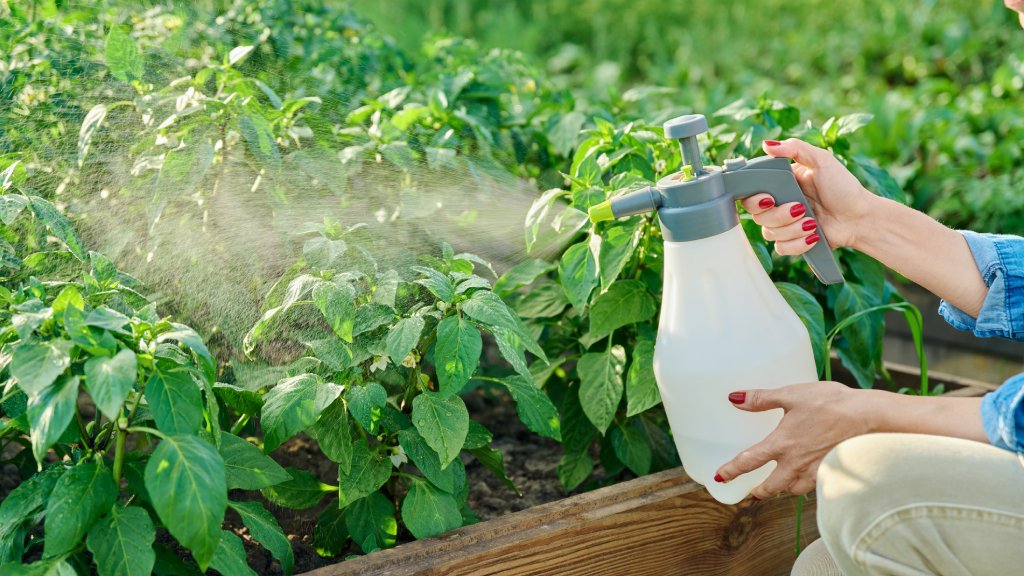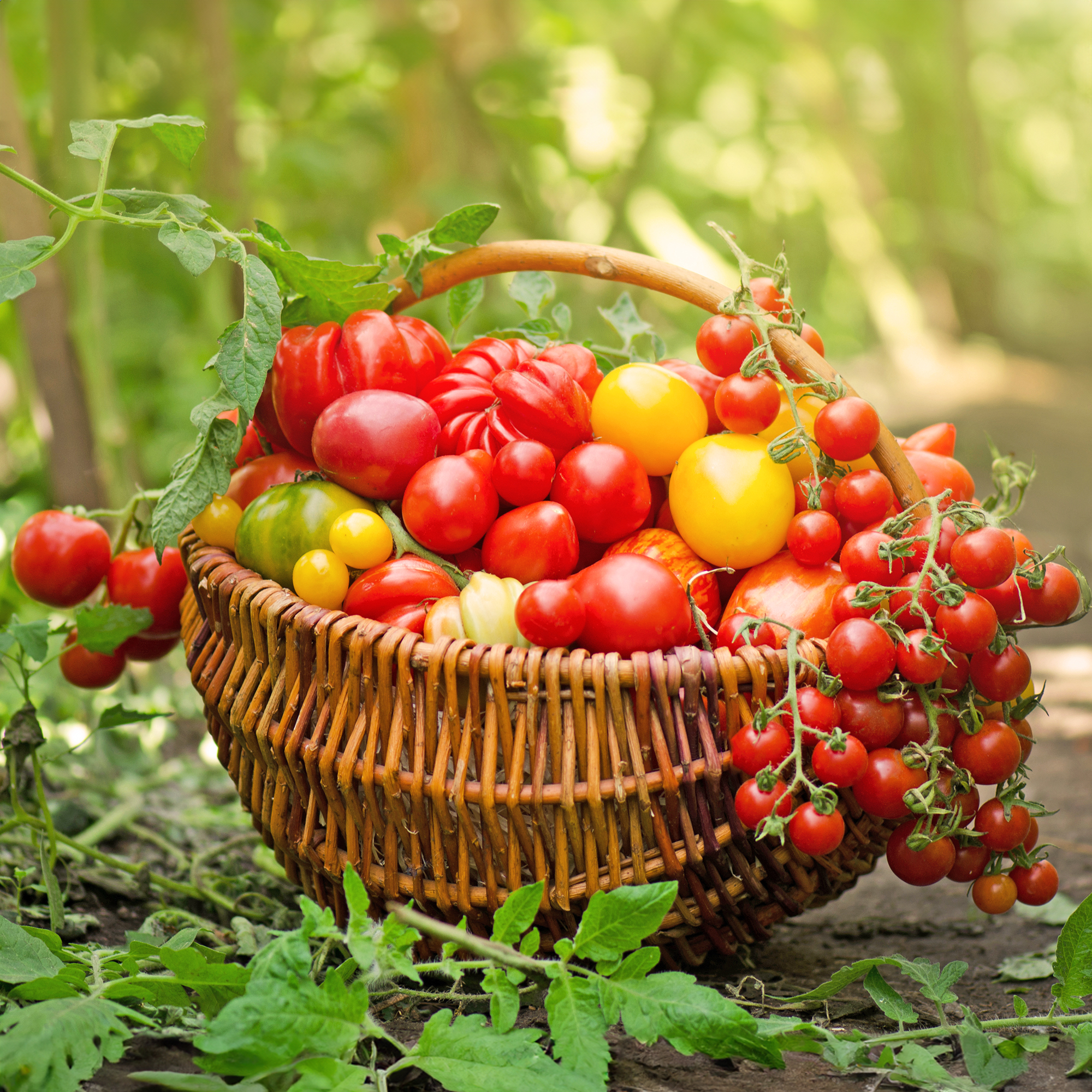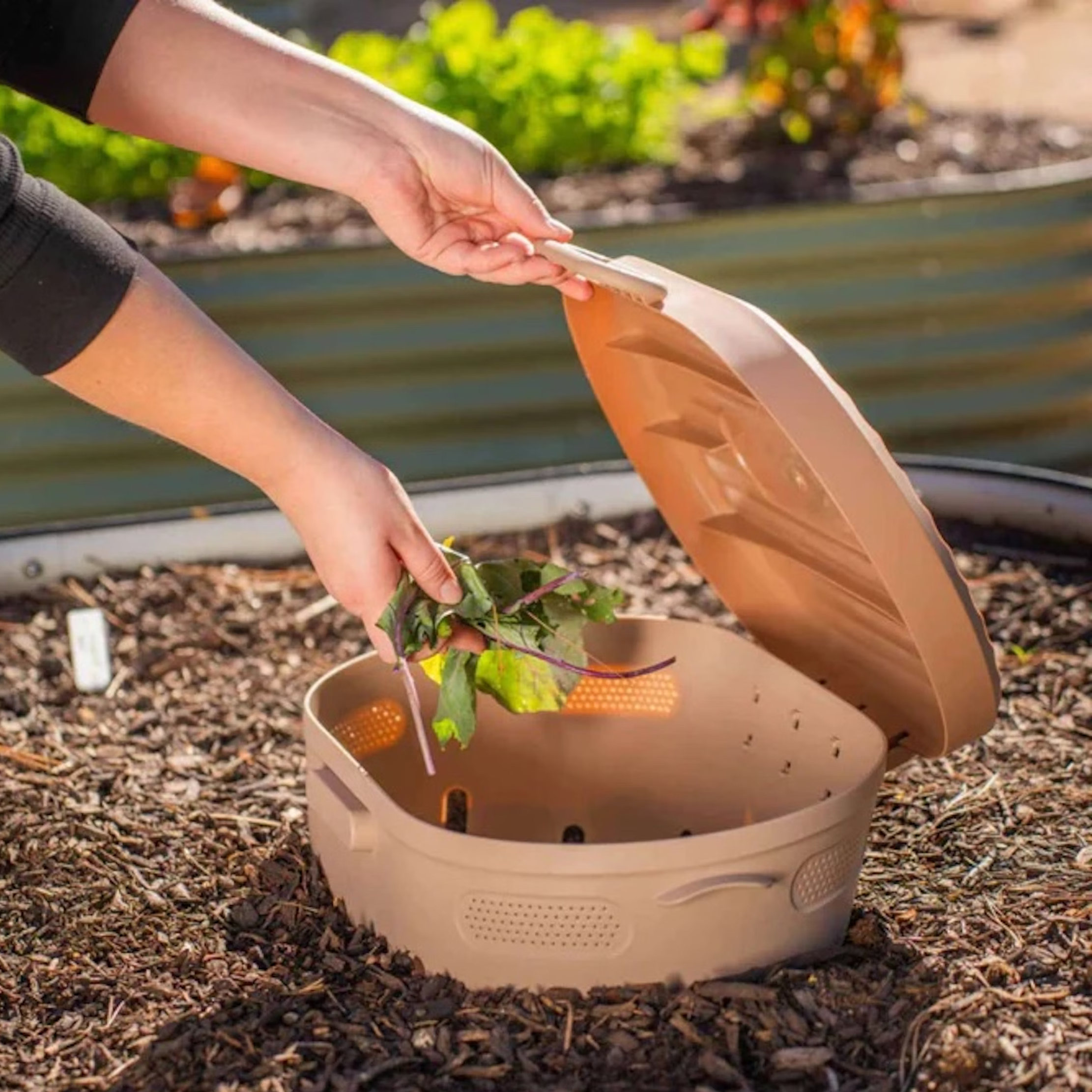What Is Horticultural Oil – How It Helps You Grow Healthier Plants
Learn about what horticultural oil is, when and where to use it and its benefits as a safe alternative to toxic chemical insecticides.


Since the dawn of time, those growing crops have had to battle with insects. It’s an age-old struggle. For a time, humans “solved” pest problems by applying chemical pesticides, but we now know that this came at a high cost to the environment. Today, many gardeners have turned to horticultural oils to control plant pests. What is horticultural oil? It is a highly refined petroleum product with harmful compounds removed.
What is horticultural oil used for? Horticultural oil is highly effective for pests that are on the plants at the time of spraying, covering and suffocating exposed insects or eggs by clogging their breathing tubes. However, even the best horticultural oil has some downsides.
What is Horticultural Oil and What are The Benefits?
Don’t mistake horticultural oil as one type of oil like olive oil. Rather, horticultural oil is a collective term for any type of oil-based product refined for use on plants. What is horticultural oil made of? The active ingredient might be listed as mineral oil or paraffinic oil, an oil product that can contain petroleum distillates; a plant-based oil like neem or soybean, or a fish-based oil.
The oil can be synthetic or organic, depending on how they are made. Essentially they work by blocking the breathing pores of insects, especially soft-bodied insects.
Neem oil foliar spray is made of neem tree seeds. It is a natural pesticide found in the seeds, with azadirachtin being the most active insecticidal ingredient. It is not toxic to birds, mammals or plants. On the other hand, some other horticultural oils can burn. All of these oils are at least slightly toxic to fish.
How to Apply Horticultural Oil to Plants
If you are wondering how to use horticultural oil, refer to the directions on the product label, then mix with water according to the instructions. Spray well for thorough coverage.
Horticultural oil works by smothering eggs and insects. It has no deterrent effect. That means that the insects that are on the plants when they are sprayed are killed, but that’s the sum total effect. It also means that you must cover the plant thoroughly, including all bark and leaf surfaces, upper and lower.
Gardening tips, videos, info and more delivered right to your inbox!
Sign up for the Gardening Know How newsletter today and receive a free copy of our e-book "How to Grow Delicious Tomatoes".
You can apply horticultural oil at different times. The first option is called dormant since the oil is applied while the plant is dormant, before the buds break. The second is called delayed dormant, and the application is made when buds are open at the tip showing a little green leaf tissue. The third option is called summer oil. Here the oil is diluted to be at a lower concentration level than dormant oil, and it is applied when plants are in leaf.
When Should You Not Use Horticultural Oil?
Horticultural oil is a huge environmental improvement over chemical pesticides, but it is not appropriate for every occasion. Some plants are sensitive and can be injured by this type of spray, including spruce trees, redbud, Japanese holly, hickories, maples like red maple and Japanese maple, cedar, some azaleas and smoke tree. Another unfortunate side effect: the oil can remove the blue coloring from the needles of blue-colored evergreens.
In addition, they can be harmful to plants when used in high temperatures or freezing temperatures, on stressed plants or newly installed plants, or within a month of using sulfur products. If you apply the oil to plants that are already in flower, you will likely destroy pollinators.
Frequently Asked Questions
Is Horticultural Oil Safe For Bees?
Neem oil is considered safe for bees as long as you apply it in the late evening or early morning when bees are inactive.
Is Horticultural Oil Safe For Pets?
Horticultural oil is generally considered safe around pets and humans, but can kill fish and aquatic life.

Teo Spengler is a master gardener and a docent at the San Francisco Botanical Garden, where she hosts public tours. She has studied horticulture and written about nature, trees, plants, and gardening for more than two decades. Her extended family includes some 30 houseplants and hundreds of outdoor plants, including 250 trees, which are her main passion. Spengler currently splits her life between San Francisco and the French Basque Country, though she was raised in Alaska, giving her experience of gardening in a range of climates.
-
 Types Of Tomatoes Explained: Explore The Many Wonderful Shapes, Colors, Flavors, & Best Uses
Types Of Tomatoes Explained: Explore The Many Wonderful Shapes, Colors, Flavors, & Best UsesThe world of tomato varieties is vast and fascinating. Learn about the key types to grow in your garden, tailored to your preferences and space.
By Amy Grant
-
 Try The Trend – Turn Any Bed Into A Keyhole Garden With This Clever In-Ground Composter
Try The Trend – Turn Any Bed Into A Keyhole Garden With This Clever In-Ground ComposterKeyhole gardening is an efficient and sustainable practice that saves space. Get started on this DIY project quickly and easily with an in-ground composter.
By Bonnie L. Grant